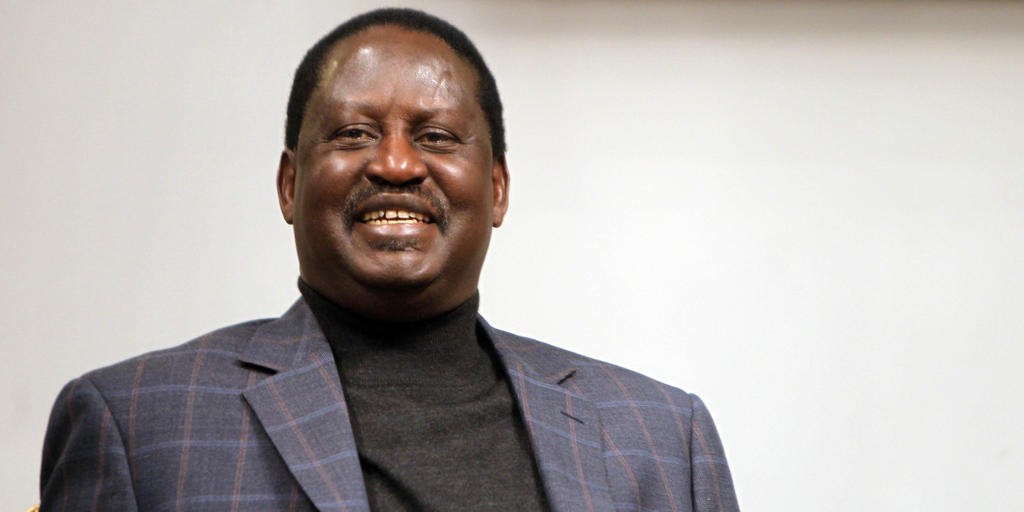PRESIDENT Yoweri Museveni and Electoral Commission chief Badru Kiggundu have separately denied playing any role in the disputed re-election of Kenyan President Mwai Kibaki. While Mr Kiggundu’s denial was prepared for television, Mr Museveni’s was provoked and given in response to unsolicited questions from a crowd attending a rally at Madibira Primary School in Busia, where the President was campaigning for NRM parliamentary contestant Sarah Wasike. Some members of the crowd interrupted the President’s speech, most of them asking to know whether he unduly influenced the Electoral Commission of Kenya (ECK) into announcing President Kibaki as winner of the disputed December 27 presidential elections.
Mr Museveni said: “I did not make Mr Kibaki the president. It was the chairman [of the] Kenya Electoral Commission that made him the president,” he said. ECK chief Samuel Kivuitu has since said he is not sure whether Mr Kibaki actually won the election, that he was under pressure to announce the results and did so without seeing all the original constituency returns.
In explaining his reluctance to interfere into Kenya’s politics, Mr Museveni recalled that in the mid 1980s, Uganda and Kenya had an uncomfortable relationship and nearly went to war over interference into each other’ internal affairs.
It is difficult to know why villagers would suspect Mr Museveni of having even an indirect hand in the outcome of the Kenyan polls, although his rush to congratulate his Kenyan counterpart could have made them suspicious. But President Museveni, who has taken some beating in the media for sending Kibaki the congratulatory message after the disputed results, suggested in a statement sent late yesterday that he had no regrets about it.
“After the Kenya Electoral Commission declared the results in which H.E. Mwai Kibaki emerged winner, and his being sworn-in on the 30th of December 2007, I, as required by Diplomatic Conventions, called H.E. President Mwai Kibaki, to congratulate him,” Mr Museveni said in the statement.
In the statement, Mr Museveni explains that opposition leader Raila Odinga, who has accused Mr Kibaki of vote rigging, only complained after the ECK had announced the winner, and that he has subsequently talked to both men. “I have, subsequently talked to both President Kibaki and Hon. Odinga, advocating for calm, tolerance, patience and reconciliation, and resolution of the issues among the concerned parties, and have offered assistance in finding a solution to the crisis,” the President said in the statement.
Mr Museveni became the first – and only – African leader to congratulate Mr Kibaki, a gesture seen by the Ugandan government as harmless but considered reckless by the political opposition and some analysts. “Everybody else suspected that the election had been rigged. Now supposing [Mr Odinga] turns this thing around, what happens?” Dr Yasin Olum, a Makerere University political scientist, asked in a recent interview. “I don’t know why he wasn’t cautious.”
In his own denial, Mr Kiggundu rejected public accusations that Ugandan officials participated in the alleged electoral fraud in Kenya. In a televised interview last Friday, Mr Kiggundu, who was speaking for the first time since violence erupted in Kenya over Mr Kibaki’s controversial re-election, said he went to Kenya on invitation as an observer.
“I was invited formally to observe Kenyan elections and that’s what I did, nothing else. I was not involved in any election rigging, and we strongly deny any accusations directed to the commission,” Mr Kiggundu said.
Talking about an electoral process where opposition leader Raila Odinga claimed he was robbed of victory through fraud, Mr Kiggundu could only say that the process had been generally calm. Mr Kiggundu, who was in Kenya from December 20 until 29, said Ugandan officials had been invited to Kenya, along with officials from other countries like Rwanda, Tanzania, and Afghanistan. More than 17,000 local monitors were deployed to 27,000 polling stations across Kenya. International observer missions included the European Union, African Union, and the Commonwealth. Their task was to determine whether the country’s electoral commission was able to hold fair and credible elections after a political race that was being closely contested.
The European Union’s election observer, Mr Alexander Lambsdorff, said there was a massive question mark over the tallying of votes. Observers have outlined a number of electoral irregularities that dogged the Kenyan electoral process.
Minutes after the election results were announced, fierce rioting broke out over fears that election results were fraudulent. Mr Kibaki allegedly won with 4,584,721 votes, beating Mr Odinga by more than 230,000 votes, according to results announced by Kenyan electoral body. Source: Daily Monitor










